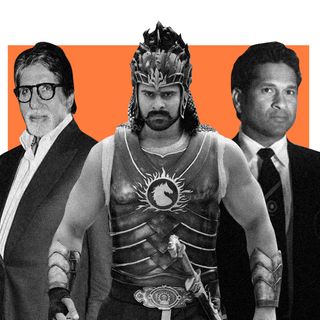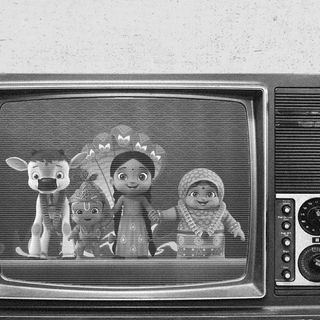In The Buzz Cut, we bring you a round-up of all the weird, controversial, and wonderful stories we’ve been reading all week.
Tiffany & Co’s new campaign was ambitious. It featured Jay-Z and Beyoncé, with Bey wearing a necklace with a giant yellow diamond. She now claims she didn’t know the giant rock was a blood diamond. Black activists who’d once applauded her for creating a tribute to African culture with her album “Lemonade”, have now expressed disappointment at her choice of endorsement with the Tiffany campaign. Unquestionably, Tiffany holds a large portion of the blame, for the beauty of the Tiffany diamond belies the “history of colonization and exploitation of the African continent.”
*
R Kelly, Andrew Cuomo, Bill Cosby. All men alleged of sexual abuse are defended by female lawyers, raising a question about women making careers out of defending #MeToo aggressors. Their brand is built at the cost of moral compunction: “drawing on one’s own womanhood is a convenient way to blur the line between victim and perpetrator.”
*
An adventure about sailing around the world alone centers on a made-in-India boat. The yachting folklore includes three boats and three men, and recounts “one race that straddles time, technology, and the whole span of this planet.”
*
Netflix’s “The Chair” looks at one of the most widely debated phenomena of cancel culture and still feels fresh. Besides Sandra Oh, perhaps it’s the balancing act the show pulls: “[it] skewers the subject of free speech in academia without taking a side, demonizing a particular group, or descending into tweed-clutching.”
*
More women in Gujarat are owning land, but for reasons other than empowerment and identity: “It is often meant to serve the needs of men, who retain control over it.” These lands also attract government subsidies, incentivizing men to exercise their misogyny.
*
Gail Omvedt needs little introduction. Her death this week is a reminder of the legacy she leaves behind with her anti-caste scholarship and activism. An excerpt from her last public address in 2019 summarizes her intersectional legacy: “Experimenting for a new kind of commune homes initiated by women could be one of the socio-cultural contributions of the feminist movement.”
*
A profile of “Succession” creator Jesse Armstrong is an exercise in understanding the show’s popularity and critical acclaim. The amoral protagonists are crafted with precision, giving people just enough to hope for their morality, only to never deliver. In the end, Armstrong traps the Roy family in a gilded cage.
*
What makes luchi, Bengal’s popular breakfast staple, so desirable? The special treat is suitable for occasions or silent winter nights. Its popularity is also closely tied to the urban Bengali middle-class identity in the 19th century; the legacy is such the pristine white luchi is compared to “the full moon with equal affection” by authors.
*
Note: An earlier version of this article wrongfully named Billy Joel instead of Bill Cosby in reference to The Cut’s piece about women who protect sexual predators. This was incorrect and the article has been updated.




